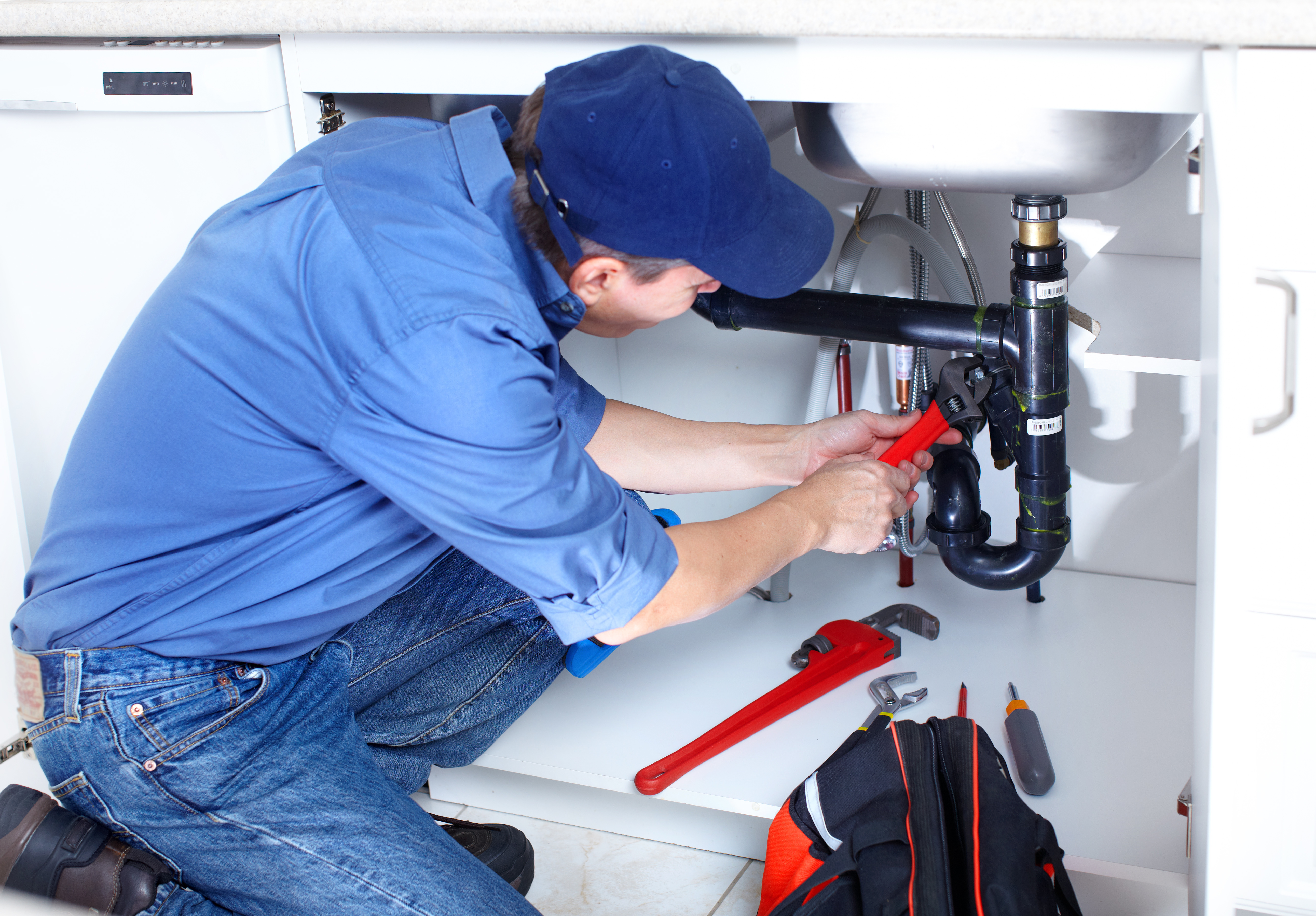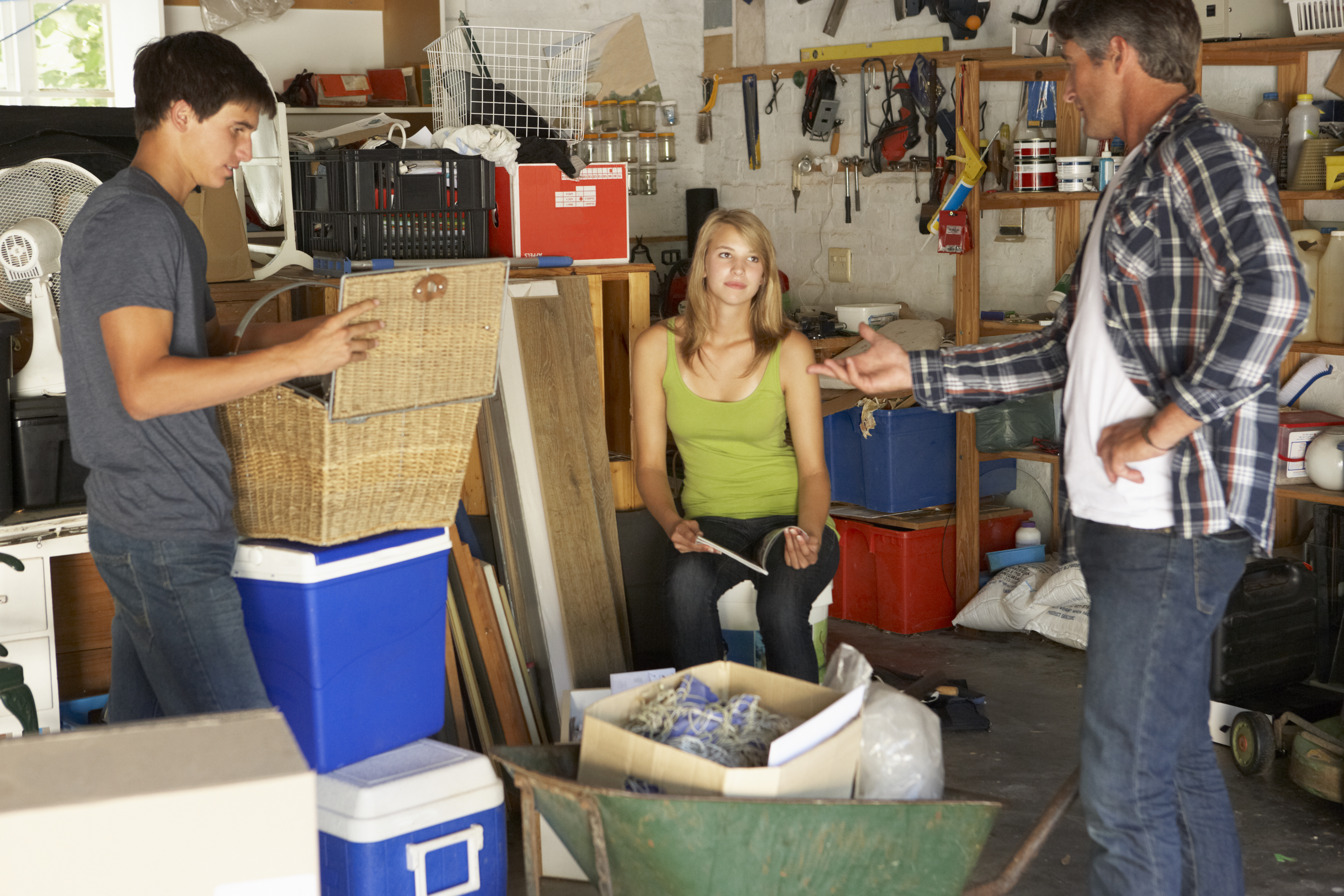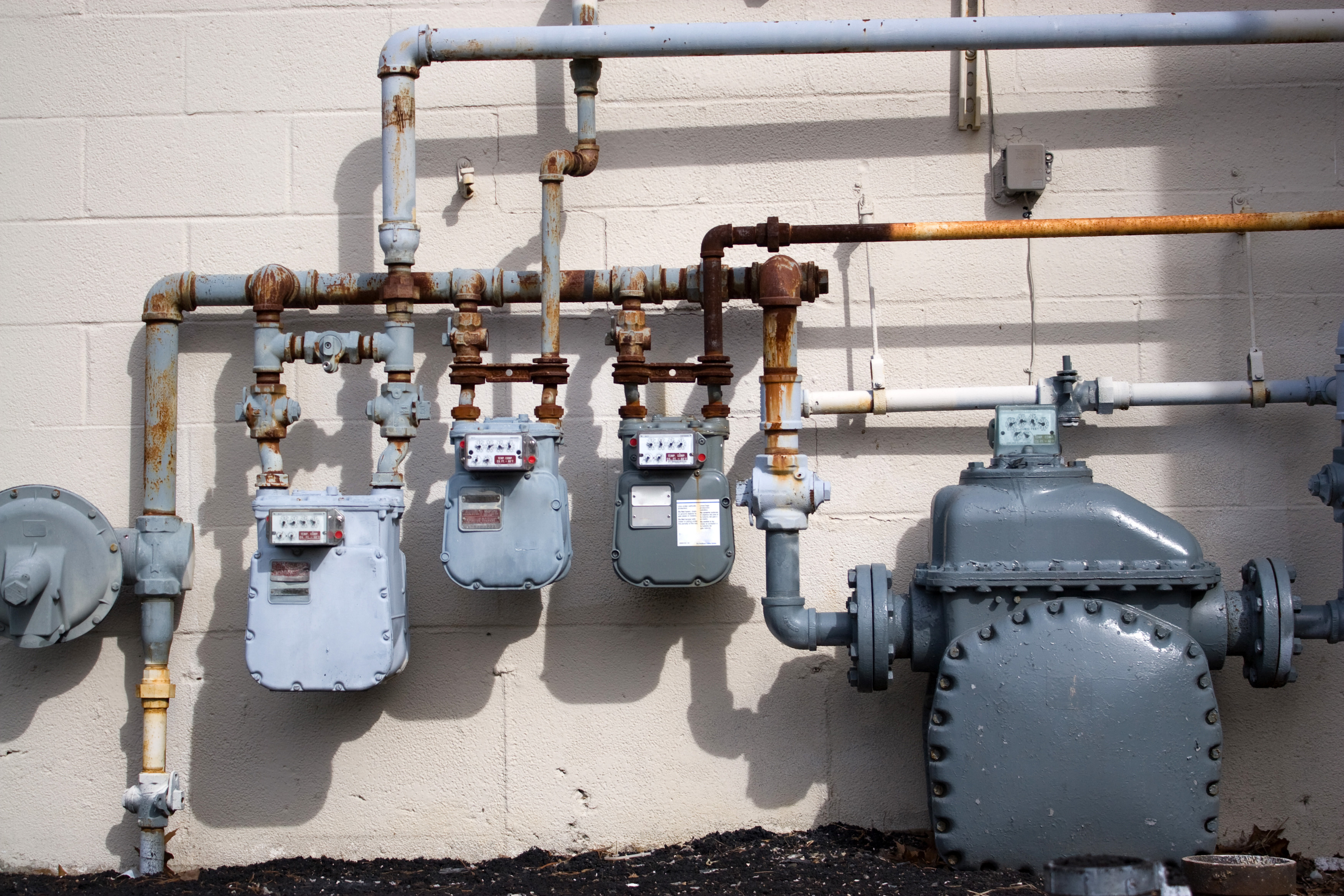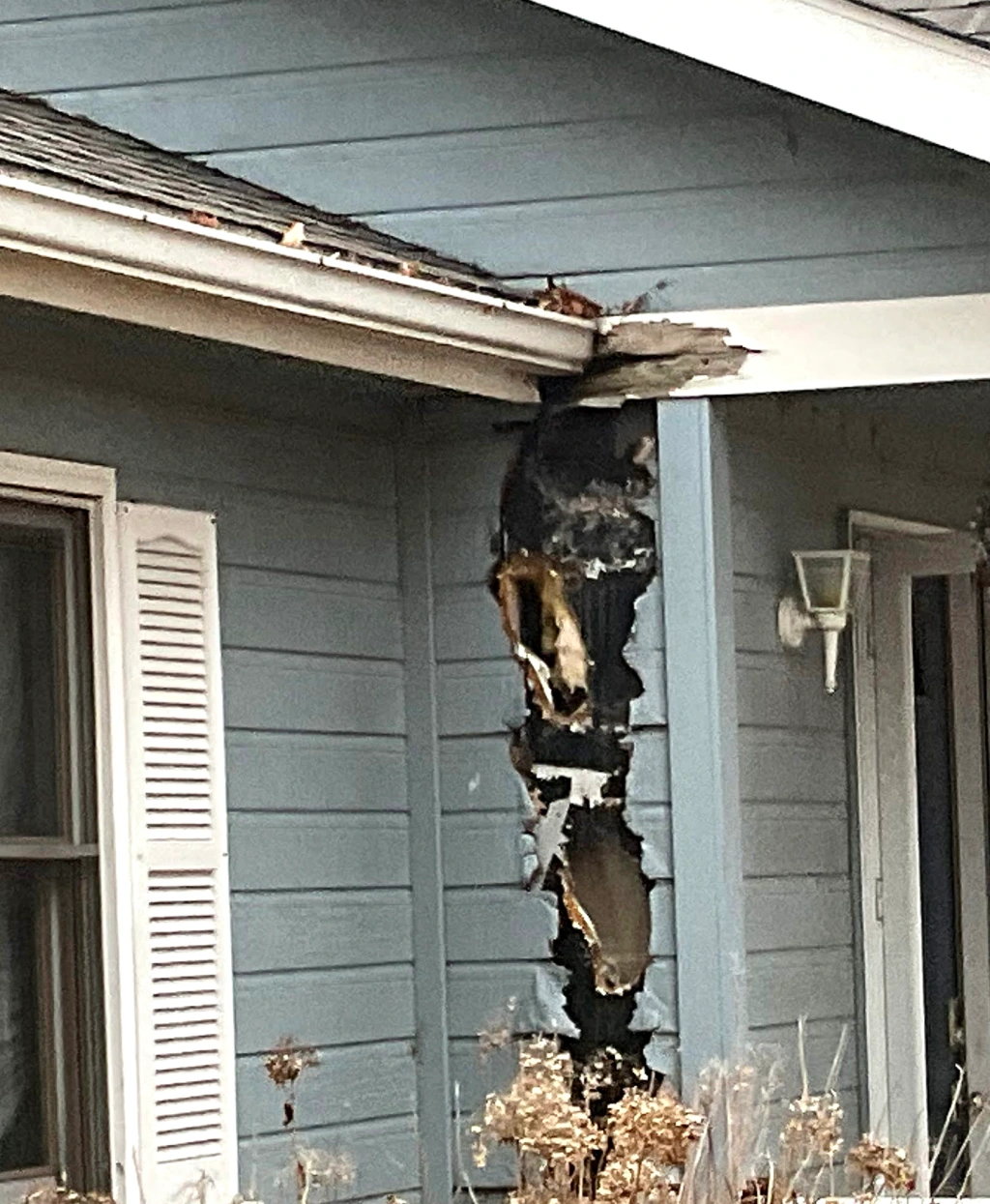By Justin Wiebers, Owner/Inspector, In View Inspection LLC
Printer Friendly PDF Version
The purpose of a home inspection is to help buyers better understand the condition of a home they plan to purchase. To help you as a seller, In View Inspection offers these tips to let you know what to expect and how to prepare your home. Use this list as a starting point to organize your efforts in the weeks and days leading up to an inspection to ensure the process goes smoothly.

Repair Any Known Issues Before the Inspection
- Plumbing, electrical, Heating, Ventilation, Air Conditioning (HVAC), water damage, and other repairs can be expensive and can hold up the sale of your home. Scheduling repairs before the inspection gives you more time to get bids and referrals of qualified professionals which can save you money and reduce stress.
- Fix small issues such as slow drains, broken door knobs or gate latches, have a clean furnace filter, clean out rain gutters, replace burned out light bulbs (a burned out bulb in a single-bulb fixture could be reported as “Not Working”). Little things add up and tell buyers about your home maintenance efforts. Buyers often over estimate the cost of minor repairs. Taking care of things early gives them a good impression and can save you money.
 Clear Out Spaces the Inspector will need to Access
Clear Out Spaces the Inspector will need to Access
- Main electrical panel/sub-panels will have the covers removed to inspect wiring. These large, gray metal panels are sometimes hidden behind boxes or shelves in the garage, basement, or other utility rooms.
- Attic access panel – Often in the garage or a bedroom closet. The inspector will need space to set a ladder underneath.
- Crawl space access panel – often in the floor of a closet
- Water heater
- Furnace and air conditioning units
- Cabinets under sinks – Don’t have to be empty but should be organized so pipes are visible.
- Bathrooms, bedrooms & laundry areas – Again, don’t have to be cleared; just accessible.
- Empty the dishwasher, oven, microwave, garbage disposal, and any other appliances that are staying with the home. An inspector will test these appliances. Refrigerators and freezers do not need to be emptied to assure they work.
 Make Sure Utilities are Turned On
Make Sure Utilities are Turned On
Make sure water, electricity, and gas are turned on so all the systems that use these utilities can be tested. If something can’t be tested, the buyer may assume it doesn’t work and may work to negotiate concessions. This is usually only a consideration if the house is unoccupied.
 Remove or Unlock Padlocks
Remove or Unlock Padlocks
Make sure all gates, access panels, and doors are unlocked that may restrict access to areas of the home that should be inspected. Having an area “hidden” from inspection can be a red flag for buyers.
 Secure Your Pets
Secure Your Pets
No one wants your pets to escape, get hurt, or interfere with the inspection. Sometimes animals will act very differently if a stranger is in the house.
 Turn Off Security Systems
Turn Off Security Systems
Unnecessary responses from the police department waste their time and can start an inspection on a negative note.
 Enjoy Some Time Out of the House and Relax!
Enjoy Some Time Out of the House and Relax!
It may be tempting to stay around to explain issues or quiz the inspector about findings, but the inspector is working for the buyer and is obligated to report only to them. You’ve worked hard at getting your house ready, now take a few hours to get a relaxing drink, read a book, go for a walk, or do some shopping.
After the inspection, the inspector will deliver a written report to the buyers. They will review the report with their Realtor and may schedule additional inspections by roofers, structural engineers, pest inspectors, radon tests, or other specialists.
I hope you find these tips helpful as you prepare for the inspection of your home. If you have any questions, please talk to your real estate agent or feel free to contact us at In View Inspection.


Leave a comment